Women and COVID-19: A Serious Impact on Work and Family
[Séminaire] SHIRAHASE Sawako (The University of Tokyo)
12:30–14:00 Online 英語 通訳なし
Please click the link below to join the webinar:
https://us02web.zoom.us/j/87429508653?pwd=TVROWDJoc2M1VXY4L0VmM3J4aGg4Zz09
Passcode: 9meyW5
For more information on how to join, please visit: https://support.zoom.us/hc/en-us/articles/115004954946-Joining-and-participating-in-a-webinar-attendee–
Across all nations, the coronavirus pandemic has a greater negative impact on women than it does on men (OECD 2020: Blundell et al. 2020; ILO 2020). We expect the pandemic to worsen gender inequality if we do not take swift and positive action. In fact, we have already confirmed that COVID-19 has a more serious impact on Japanese women than on their male counterparts, mainly because Japan is largely segregated by gender in the family, the labour market, and in society as a whole. For instance, women spend much more time and energy than men on unpaid work at home, such as household chores and caring for children and frail parents. Compared to men, women are much more likely to have low-paid jobs largely in the form of part-time work., and their jobs are more likely to be in the service industries, which suffered the most serious impact of COVID-19.
Why is there still a significant gender gap in Japan, when the gender gap in higher education — 56.3% men and 50.1% women in 2019 (School Basic Survey) — is narrowing? There remains a wide gender gap in specialisations: men are more likely to major in the sciences and engineering, while women are more likely to major in humanities, public health, and education. One reason why such a substantial gender gap persists could be the fact that there have been no major changes to the fundamental norms in gender relations: men play the major role of being the breadwinner, while women play the main role of assuming the family responsibilities. Promotion opportunities in the labour market are not equal between men and women, and there continue to be different expected behaviours for men and for women.
In my talk, I will present basic statistics related to COVID-19 to see how serious the impact on women is. I would also like to discuss how we can improve this serious gender gap amid the COVID-19 pandemic.
Sawako Shirahase is a professor of sociology at the Graduate School of Humanities and Sociology of the University of Tokyo. She received her PhD in sociology from Oxford University in 1997, and joined the University of Tokyo in 2006.
Her main research interests include social stratification and social demography, inequality in income and wealth, and family and the social security system in cross-national perspectives. As part of her research she conducted a nationally representative survey to examine the formation of stratification structures and the mechanisms that generate inequality in contemporary Japan. Her books and articles published on these issues include Todai Juku: Demography and Society: Looking for the Future in Japan (ed.) (2019, University of Tokyo Press), Social Inequality in Japan (2014, Routledge), and “Income inequality among older people in rapidly aging Japan” (Research in Social Stratification and Mobility 41:1-15). She is currently Vice President of the International Social Association, and Board Member of the Japanese Family Sociological Association.
Speaker: Shirahase Sawako (The University of Tokyo)
Moderator: Adrienne Sala (FRIJ-MFJ)
Organization: FRIJ-MFJ
Co-organization: CCI France Japon
Support: French Embassy in Japan
